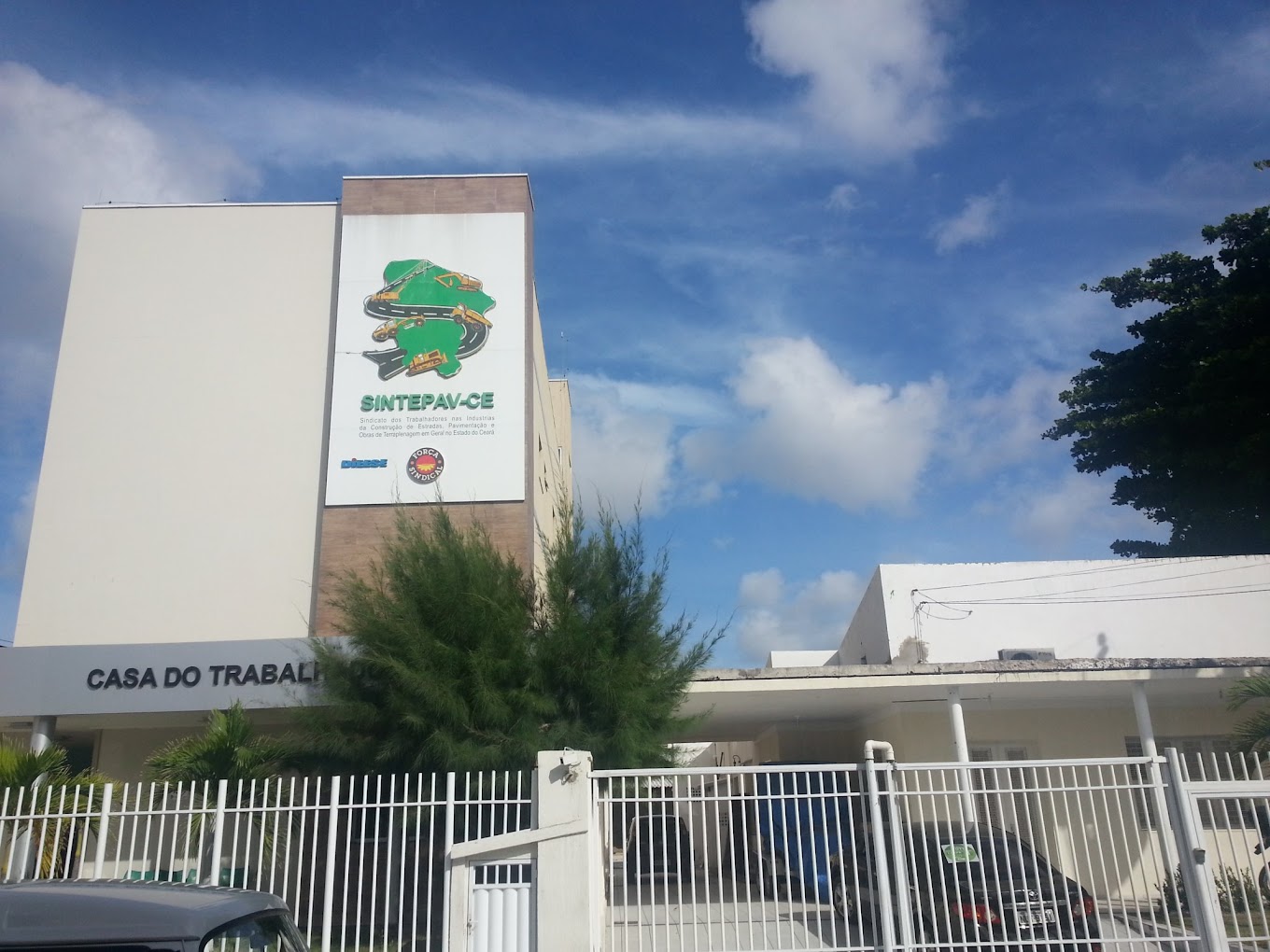R. da Assunção, 953 – Centro, Fortaleza – CE, 60050-010
SINTEPAV Ceará: Fortalecendo a Construção Pesada e Defendendo Direitos
O Sindicato dos Trabalhadores nas Indústrias da Construção de Estradas, Pavimentação e Obras de Terraplenagem em Geral do Estado do Ceará (SINTEPAV Ceará) tem um compromisso firme com a defesa e a promoção dos direitos dos trabalhadores do setor. Desde a nossa fundação, dedicamo-nos a assegurar condições de trabalho justas, seguras e dignas para todos os nossos associados.
Junte-se a Nós!
Se você é um profissional da construção de estradas, pavimentação ou terraplenagem, torne-se membro do SINTEPAV Ceará. Juntos, podemos construir um futuro mais promissor para todos os trabalhadores do nosso estado.

Compromisso com o Desenvolvimento
No SINTEPAV Ceará, acreditamos que a chave para um setor de construção forte é o respeito e a valorização de seus trabalhadores. Por isso, estamos comprometidos com o desenvolvimento profissional e pessoal de nossos membros e com a construção de um futuro melhor para todos que fazem parte deste importante setor.

